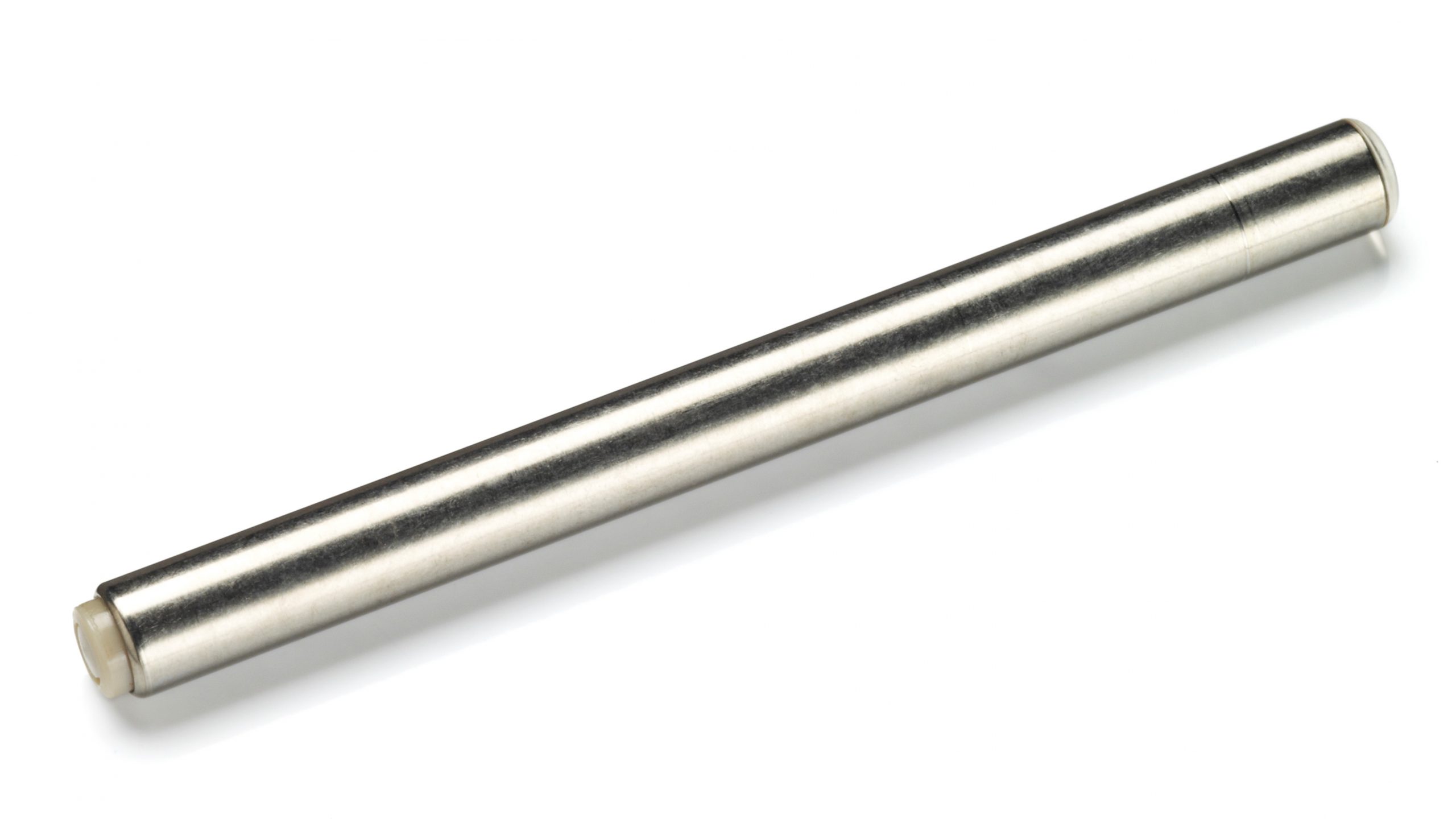Intarcia's under skin mini-pump accepted by FDA

Intarcia's mini pump for type 2 diabetes treatment has been accepted by the FDA.
The ITCA 650 is a roughly two-inch-long bar that sits just beneath the skin of the abdomen and continuously delivers exenatide, AstraZeneca's GLP-1 analogue Byetta.
The device can be implanted in a simple 15-minute procedure, and promises to free patients from administering the drug themselves, thereby improving the efficacy of the treatment.
If approved, the device will become the first twice-yearly, injection-free exenatide therapy. Byetta is currently marketed globally as a twice-daily and once-weekly self-injection therapy for type 2 diabetes.
If the pump proves successful, it could transform how diabetes patients take their drugs.
The FDA’s acceptance of Intarcia’s New Drug Application (NDA) is based on the firm's submission of its FREEDOM-2 global phase 3 trial data.
Results from the FREEDOM-2 trial suggested ITCA 650 to be more effective than MSD’s Januvia (sitagliptin) – tested as a 100mg orally administered drug – at reducing HbA1c levels and body weight in patients with poorly controlled type 2 diabetes.
Significantly more patients on ITCA 650 (61%) achieved the American Diabetes Association-recommended HbA1c target of <7% than those on Januvia (42%), and more ITCA 650 patients achieved a weight reduction of 2kg or greater (61% versus Januvia’s 28%).
In addition, ITCA 650 was shown to demonstrate a similar tolerability profile to that seen in the FREEDOM-1 trial, demonstrating no case of major hypoglycaemia, very low numbers of minor hypoglycaemia, and less than 1% of minor infections at the site of implantation.
Innovation in diabetes medical devices is increasingly rapidly at present, including progress towards creating an ‘artificial pancreas’ for insulin-dependent patients.
Some of the biggest medical device companies are racing to become the top developer of this technology, including Medtronic which released its MiniMed 670G system in September.
California-based Bigfoot Biomedical is another company looking to stake its claim and currently stands as the only developer so far to create a device that automatically delivers extra insulin at meal times. The company recently received more funding to advance its product.












